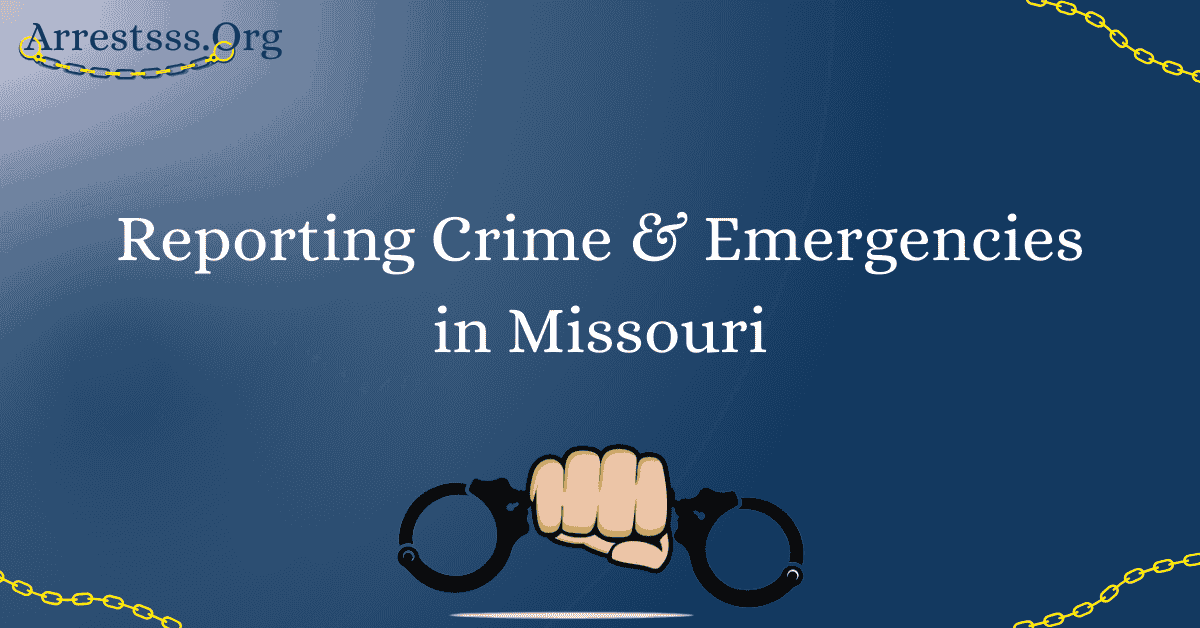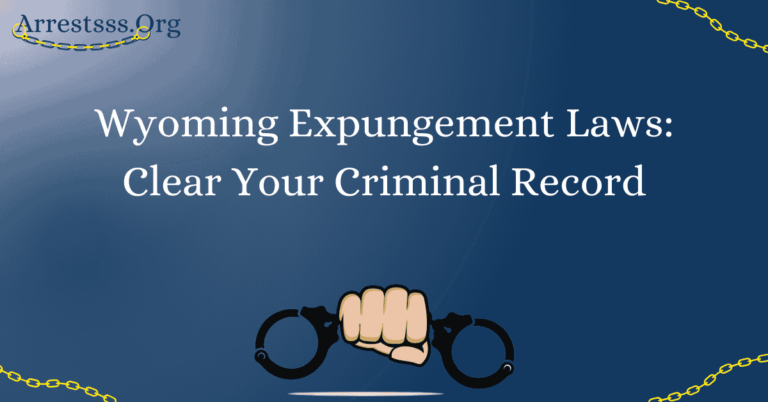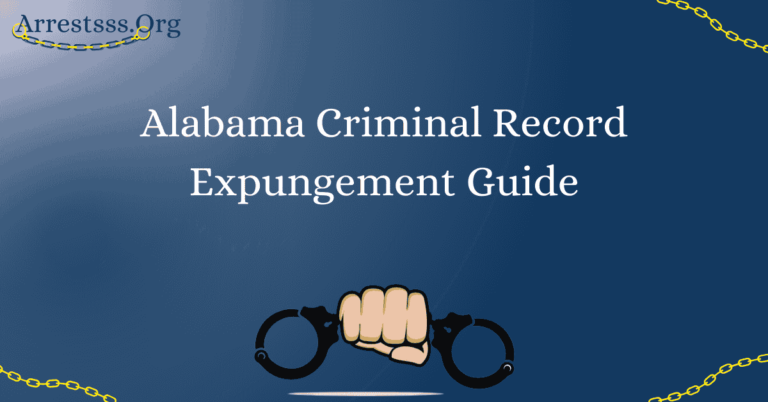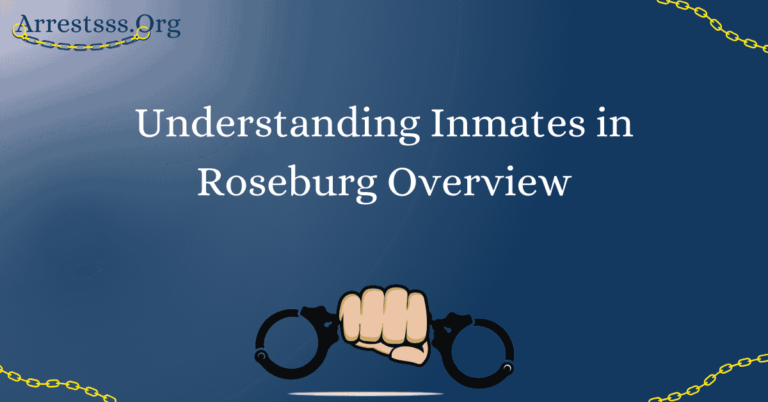Reporting Crime & Emergencies in Missouri

Reporting crime and emergency situations is not just a civic duty but a vital component of public safety. In the state of Missouri, understanding the process of alerting law enforcement and accessing emergency services is crucial for residents and visitors alike. This comprehensive guide will walk you through the procedures, resources, and key information necessary for reporting crime and accessing emergency services in the state of Missouri.
Types of Incidents Requiring Reporting
In Missouri, various incidents require reporting, each with its specific procedures and considerations. These incidents span a wide range, from criminal activities to emergencies that demand immediate attention.
Criminal Offenses: Reporting criminal activities such as theft, vandalism, assault, or drug-related offenses is essential for public safety. To report these incidents, contact your local law enforcement agency or the nearest police station.
Traffic Accidents: Accidents on Missouri’s roads and highways should be reported promptly to ensure the safety of those involved. Contact the local police or dial 911 in cases of serious injuries or hazardous conditions.
Emergency Medical Situations: For medical emergencies, including heart attacks, severe injuries, or sudden illnesses, calling 911 is the quickest way to obtain assistance. Ensure you provide clear information about the situation and your location.
Fire Emergencies: In the event of a fire, immediate reporting is essential. Dial 911 to alert the fire department and evacuate the premises safely. Do not underestimate the importance of swift reporting in preventing catastrophic damage.
Reporting to Law Enforcement
Reporting criminal activities is a civic responsibility that aids in maintaining law and order. When reporting to law enforcement in Missouri, follow these steps:
Contact Your Local Police: For non-emergencies, you can contact your local police department or visit the nearest police station to file a report. They will guide you through the process.
Dial 911 for Emergencies: In case of an emergency, where immediate police intervention is required, dial 911. Be prepared to provide your location and a detailed description of the situation.
Use the Online Reporting System: Many Missouri law enforcement agencies offer online systems for non-urgent incidents. Check your local agency’s website for this option.
Emergency Services
Accessing immediate help during critical situations is of utmost importance. In Missouri, emergency services are available to respond swiftly to various situations. Here’s how to access them:
Dial 911: For all life-threatening emergencies, including medical crises, fires, and accidents, dialing 911 is the quickest way to get help. Stay on the line, provide essential information, and follow the operator’s instructions.
Know Your Location: Precise location information is crucial when reporting emergencies. If you’re not sure of your location, try to find landmarks or street signs that can help responders locate you quickly.
Stay Calm and Provide Details: When speaking to emergency operators, remain calm and provide as many details as possible about the situation. This will assist responders in preparing for the specific needs of the incident.
Reporting Online
In our digital age, many law enforcement agencies in Missouri offer online reporting systems for non-urgent incidents. Reporting online can be a convenient and efficient way to file certain types of reports, such as minor property crimes or incidents with no immediate danger.
To access online reporting
Visit Your Local Police Website: Go to the website of your local police department or law enforcement agency.
Follow Online Reporting Instructions: Look for a section on their website dedicated to online reporting. Follow the instructions provided to complete your report.
Provide Accurate Information: When using online reporting, ensure that you provide accurate and detailed information about the incident. Include any available evidence or documentation.
Community Involvement
Community members play a crucial role in reporting and preventing crime in Missouri. Building a safe and secure environment is a collective effort, and here’s how you can contribute:
Neighborhood Watch Programs: Join or establish neighborhood watch programs to promote safety and report suspicious activities in your community.
Educate and Inform: Spread awareness about reporting procedures and emergency services among your neighbors and community members.
Collaborate with Authorities: Work together with law enforcement agencies by sharing information about local issues or concerns that may require their attention.
Remember that reporting crime and accessing emergency services in Missouri is a shared responsibility that benefits everyone. By understanding the procedures and actively participating in the process, we can contribute to a safer and more secure community for all.
FAQ’s
How do I report a non-emergency crime in Missouri?
To report a non-emergency crime in Missouri, contact your local police department or visit the nearest police station. Many agencies also offer online reporting systems for non-urgent incidents.
What should I do if I witness a crime in progress?
If you witness a crime in progress that requires immediate police intervention, dial 911. Provide your location and a detailed description of the situation to the operator.
How can I prepare for medical emergencies in Missouri?
It’s important to have the contact information for local healthcare facilities and to know your nearest hospital’s location. In case of a medical emergency, dial 911 for immediate assistance.
What should I include in an online crime report in Missouri?
When filing an online crime report, provide accurate and detailed information about the incident. Include any available evidence or documentation to aid law enforcement in their investigation.
How can I get involved in community safety initiatives in Missouri?
To get involved in community safety initiatives, consider joining or starting a neighborhood watch program, educating your neighbors about reporting procedures, and collaborating with local authorities to address community concerns.






